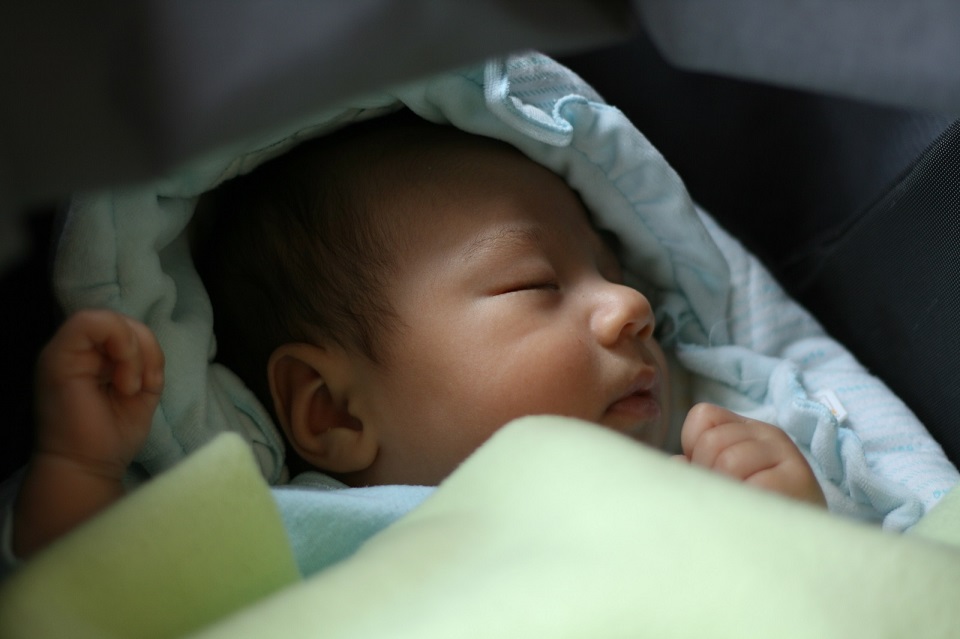Because the culture around late stage capitalism focus on the individual to maximize profit, in oppose to fostering strong social bonds to profit society. This mind set has replaced the idea of family and community being the ultimate goal of life.
It is now self-profit for the individual. The ideals of late stage capitalism are also tied to why adults in western culture are lone and isolated from each other. Endless chasing money for rich people leaves no time for the average worker to have a life.
Sure and first generation immigrants typically have higher birth rates because they operate under different social structures. Since we aren't kicking out capitalism in the near future this problem will persist regardless of policy unfortunately.




